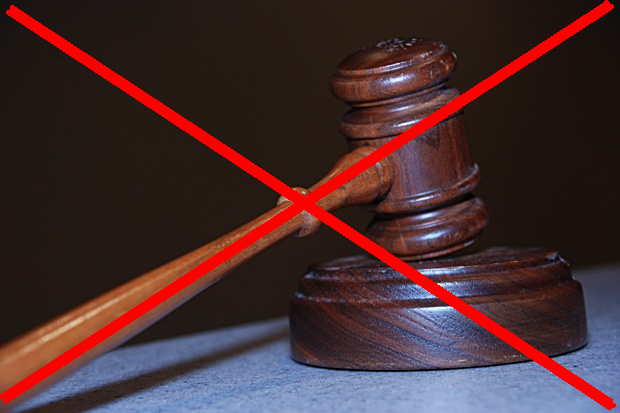eDiscovery Trends: Is eDiscovery Malpractice More Widespread Than You Think?

Last month, we discussed the eDiscovery malpractice case filed against McDermott Will & Emery for allegedly failing to supervise contract attorneys that were hired to perform the client’s work and to protect privileged client records. This case is still continuing to generate much buzz in the eDiscovery community and I’m sure it will be closely followed as it progresses.
At least one attorney from another firm has weighed in on the possibility of eDiscovery malpractice in other cases. Dennis Kiker, a partner with LeClair Ryan noted in their blog The e-Discovery Myth that eDiscovery malpractice is probably more widespread than most people think. Among his observations:
- “E-Discovery is a discipline. Far too many attorneys in firms large and small think that e-discovery is something they can do on the side, when they are not drafting motions to dismiss an antitrust class action or preparing to depose a scientist in a patent infringement matter. Unfortunately, this is simply not true.”
- “[E]-discovery goes far beyond the rules. It is one thing to understand that there are different possible forms of production permitted for electronically stored information under Rule 34, and quite another to know how to effectively and defensibly identify, preserve, collect, process, review and produce ESI.”
- “Not even IT professionals pretend to understand all of the different information systems that exist in a single company. Do we really expect every trial attorney to have greater expertise and understanding than the professionals that work in the field every day?”
- “A large document review is, by definition, a large project requiring significant project management skills… In short, this is a complex, high-risk task that requires specialized skills and experience. It is not something one does once a year and gets good at.”
- “Malpractice claims are just one of the possible consequences of practicing in a complex area without the requisite expertise. Loss of client goodwill, damaged reputations for lawyer and firm alike, monetary sanctions – all of these are the dancing partners of those that believe that e-discovery is something that every litigator knows how to do.”
It’s an excellent post with a number of good points. There are some attorneys who have really worked hard at developing their eDiscovery expertise and knowing when to rely on others with the expertise they don’t have. But, as I have observed, there are many attorneys that have tried to play “part-time eDiscovery expert” with less than terrific results (at best). In many cases, their saving grace is that the opposing attorney is equally inept when it comes to eDiscovery best practices.
So, what do you think? Is eDiscovery malpractice more widespread than we think? Please share any comments you might have or if you'd like to know more about a particular topic.





